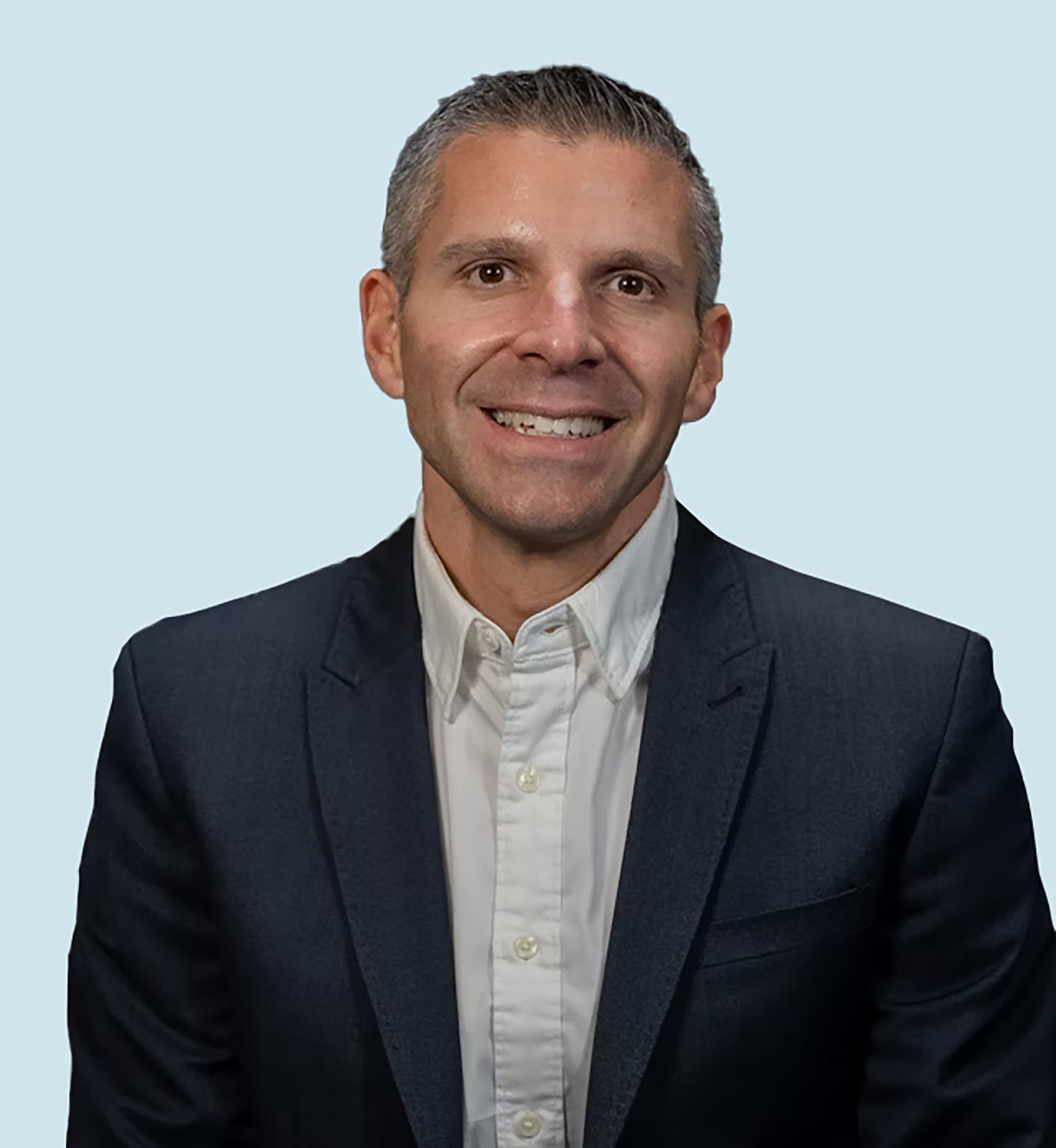Last spots for Class of 2026 seniors — get expert college counseling before deadlines. Submit inquiry.
Last spots for Class of 2026 seniors — get expert college counseling before deadlines. Submit inquiry.

As parents, guiding our high schoolers through their academic journey is a pivotal aspect of their success. Setting academic goals isn’t just about improving grades; it’s about empowering our teens to take charge of their educational and personal growth.
Understanding Your Child: The first step is to truly understand your teen’s strengths, interests and areas for improvement. This insight is crucial in setting goals that are not only realistic but also resonate with their aspirations. Engage in meaningful conversations that encourage them to express their thoughts and ambitions.
Implementing SMART Goals: Utilize the SMART framework to create goals that are Specific, Measurable, Achievable, Relevant and Time-bound. For instance, a goal like “improve in science” becomes more tangible when framed as “achieve a B+ in science by participating in weekly study groups and completing all assignments on time.”
Parental Support: Your role is to provide a nurturing environment that fosters growth and self-discovery. Offer support and resources, but also encourage your teen to take the lead in their goal-setting journey. Celebrate their progress, no matter how small, to keep them motivated.
Adapting to Challenges: Teach your teen the value of adaptability. Goals might need reassessment and that’s perfectly okay. Encountering and overcoming obstacles is a vital part of learning and personal development.
In essence, setting academic goals with your teenager is a collaborative endeavor. It’s about more than academic achievement; it’s about nurturing a mindset of resilience, discipline and self-motivation. As parents, our guidance can help them navigate these crucial years with confidence and purpose.

Marc is the author of Untangling the Ivy League, a best-selling guidebook on the Ancient Eight. He earned a BA from Cornell University and an MBA from University of North Carolina – Chapel Hill. Marc chaired the admissions ambassadors at Cornell and the admissions advisory board at UNC.

